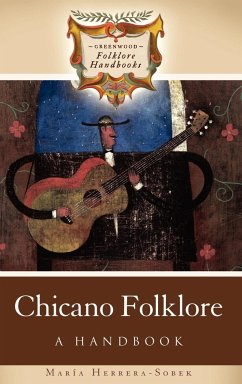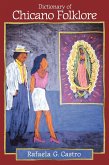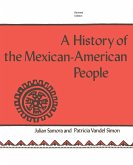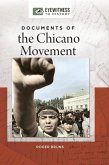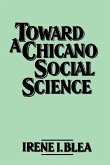Chicanos and Chicanas, or Mexican Americans, are deeply rooted in the cultures of African, European, and Native American groups. The richness of Chicano culture is especially evident in such folklore genres as myths, tales, legends, traditional beliefs, songs, games, and riddles. Written especially for high school students and general readers, this book is an introductory guide to Chicano folklore. It defines and classifies the folklore, provides numerous examples and texts, discusses the presence of Chicano folklore in literature and popular culture, and reviews scholarship and criticism. Written expressly for high school students and general readers, the volume classifies and defines Chicano folklore and provides background information on the historical contexts in which Chicanos have thrived. It also provides numerous examples and texts from various folklore genres and discusses the importance of Chicano folklore to literature and popular culture. In addition, it reviews scholarship and critical approaches and closes with a bibliography and glossary. This book will help students appreciate America's cultural diversity as they learn about the fascinating traditions of this important ethnic group.
Hinweis: Dieser Artikel kann nur an eine deutsche Lieferadresse ausgeliefert werden.
Hinweis: Dieser Artikel kann nur an eine deutsche Lieferadresse ausgeliefert werden.

